Top 5 Health Benefits of Zucchini
Zucchini, sometimes known as courgette, is a kind of summer squash that belongs to the Cucurbitaceae plant family, which also includes melons, spaghetti ... read more...squash, and cucumbers. Although zucchini is commonly thought of as a vegetable, it is actually a fruit. It comes in a variety of colors ranging from bright yellow to dark green. While squash originated in the Americas, this specific cultivar was created in Italy in the early 1800s. Zucchini has been used in traditional medicine to cure colds, pains, and other ailments. Let's look at the best zucchini health advantages.
-
Zucchini contains a variety of vitamins, minerals, and other useful plant chemicals. It also has trace levels of iron, calcium, zinc, and other B vitamins. Its high vitamin A concentration, in particular, may benefit your vision and immune system. Raw zucchini has a comparable nutritional profile as cooked zucchini, but it contains less vitamin A and more vitamin C, a component that is lost during cooking.
Antioxidants are abundant in zucchini. Antioxidants are plant chemicals that help protect your body from free radical damage. Carotenoids, such as lutein, zeaxanthin, and beta-carotene, are abundant in zucchini. These may improve your eyes, skin, and heart, as well as provide some protection against cancer, such as prostate cancer. According to research, the plant's skin has the highest quantities of antioxidants. Yellow zucchinis may contain somewhat more than light green zucchinis.
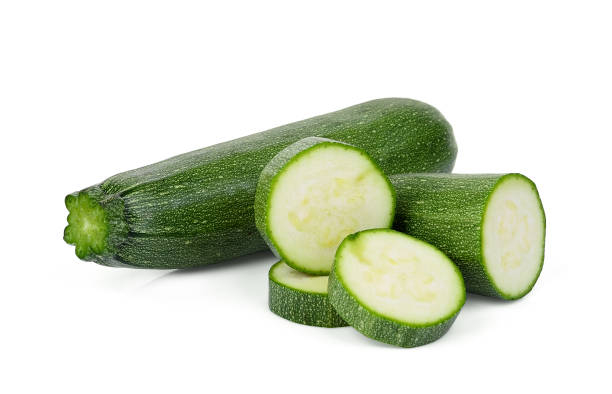
High in Antioxidants and Nutrients 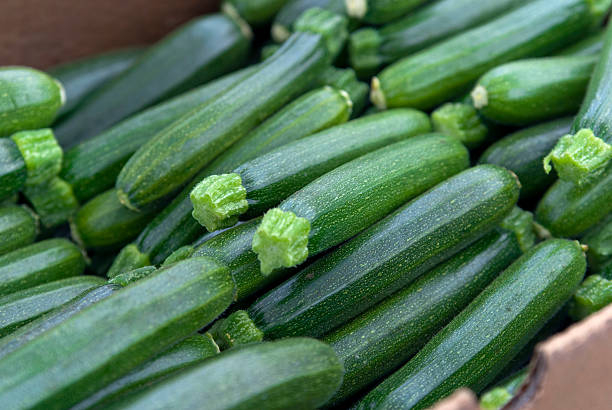
High in Antioxidants and Nutrients -
Zucchini may help with digestion in a variety of ways. To begin with, it is high in water, which might soften stools. This helps them pass more easily and minimizes your risks of constipation. In addition, zucchini includes both soluble and insoluble fiber. Insoluble fiber bulks up stools and helps food flow more smoothly through your stomach, lowering your risk of constipation even further. This advantage is amplified if you consume adequate water.
Meanwhile, soluble fiber nourishes the good microorganisms in your stomach. These beneficial bacteria, in turn, create short-chain fatty acids (SCFAs), which fuel your gut cells. Furthermore, SCFAs may help decrease inflammation and symptoms of some gastrointestinal illnesses such as IBS, Crohn's disease, and ulcerative colitis.
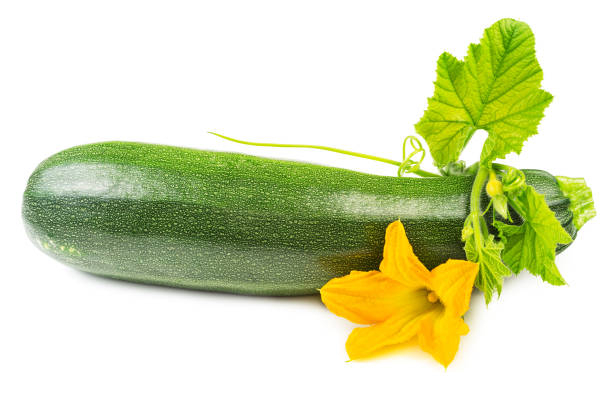
Contributes to Healthy Digestion 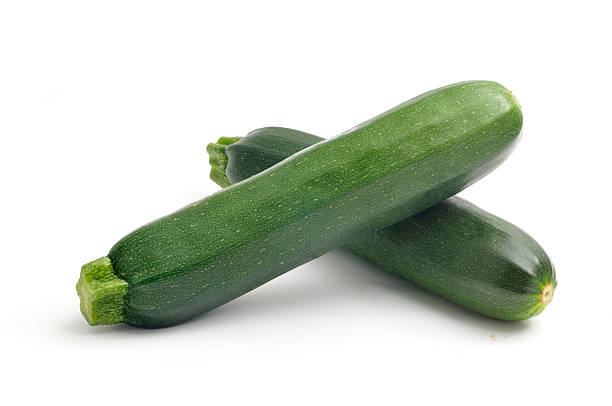
Contributes to Healthy Digestion -
In persons with type 2 diabetes, zucchini may help reduce blood sugar levels. With only 3 grams of carbohydrates per cooked cup (232 grams), zucchini is an excellent low-carb alternative to pasta for people trying to cut back on carbs. It may be spiralized or sliced and used in meals in place of spaghetti, linguini, or lasagna noodles. Low-carb diets can drastically lower blood sugar and insulin levels, which may help persons with type 2 diabetes maintain blood sugar levels and reduce the need for medication.
Furthermore, the fiber in zucchini helps to balance blood sugar, reducing spikes after meals. Diets high in fiber from fruits and vegetables, especially zucchini, have been associated with a decreased risk of type 2 diabetes for years. Zucchini fiber may also help boost insulin sensitivity, which can help balance blood sugar. Furthermore, animal research suggests that zucchini peel extract may help lower blood sugar and insulin levels. This might be related to the skin's high antioxidant content. However, human research is required before conclusive results can be drawn.

Reduce Blood Sugar Levels 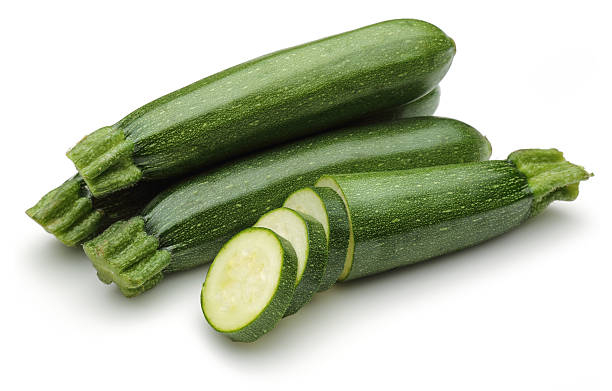
Reduce Blood Sugar Levels -
Zucchini may also benefit heart health. Its high fiber content might be partly to blame. People who eat more fiber have a decreased risk of heart disease, according to observational research. One form of soluble fiber contained in zucchini, pectin, appears to be especially beneficial at lowering total and "bad" LDL cholesterol levels. An analysis of 67 research found that taking as little as 2-10 grams of soluble fiber per day for around 1-2 months lowered total cholesterol by 1.7 mg/dl and "bad" LDL cholesterol by 2.2 mg/dl on average.
Zucchini is also abundant in potassium, which can help lower blood pressure via dilation of the blood vessels. A decreased risk of heart disease and stroke are associated with lower blood pressure. Furthermore, diets high in carotenoids, which are also contained in zucchini, tend to be particularly protective against heart disease.

Improve Heart Health 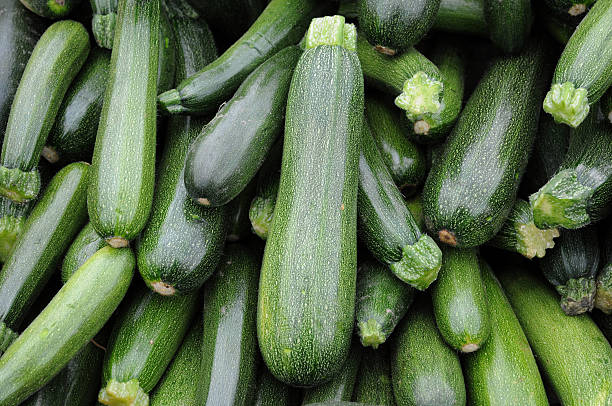
Improve Heart Health -
Including zucchini in your diet may help your vision. This is due in part to zucchini's high levels of vitamin C and beta-carotene, both of which are essential for eye health. The antioxidants lutein and zeaxanthin are also found in zucchini. According to research, these antioxidants can build up in your retina, enhancing your eyesight and lowering your risk of age-related eye illnesses.
This may include a decreased risk of macular degeneration, the major cause of permanent vision loss in the elderly. Furthermore, diets high in lutein and zeaxanthin may reduce your risk of getting cataracts, a clouding of the lens that can lead to impaired vision.

Strengthen Your Vision 
Strengthen Your Vision


























